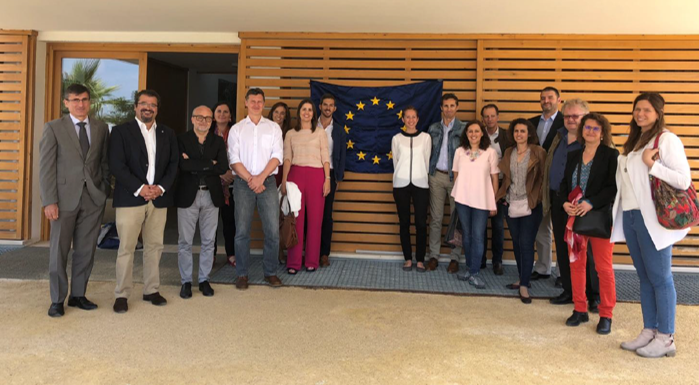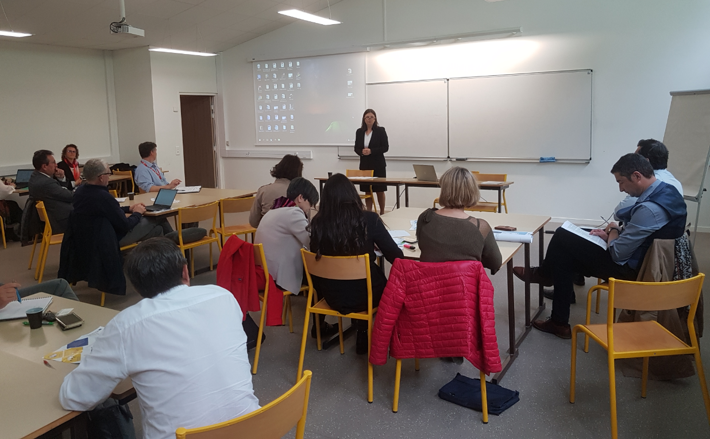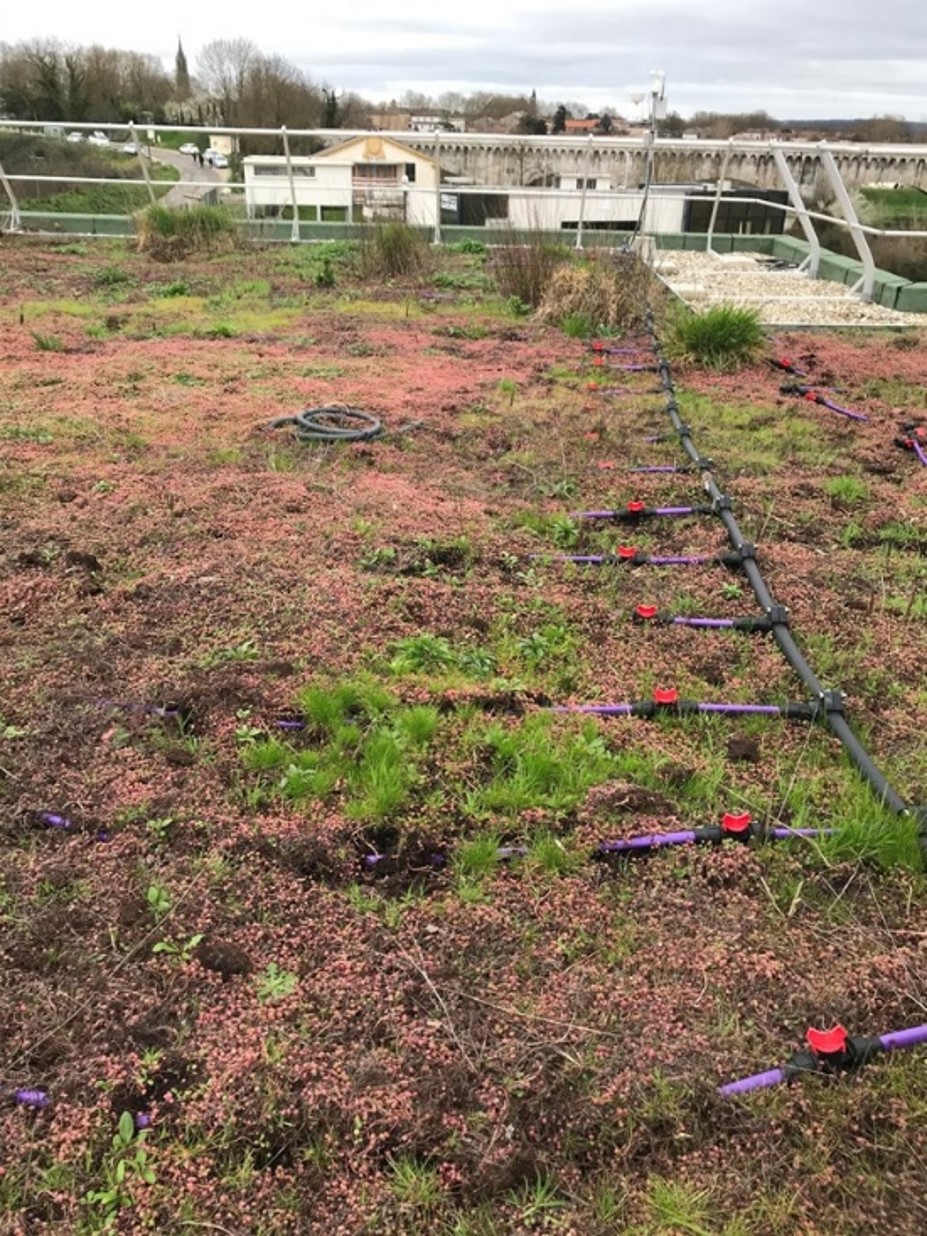Physicochemical reactions and bacterial adaptation/remanence in treatment processes
Equipe du thème
Permanent staff
Michel Baudu – Professor
Patrick Leprat – Professor
Isabelle Bourven – Senior lecturer
Magali Casellas – Senior lecturer HDR
Fabrice Dupuy – Senior lecturer
Màxim Gibert-Vilas – Senior lecturer
Pascal Labrousse – Senior lecturer
Audrey Prorot – Senior lecturer
Contractual staff
Ameni Ben Hassena – ATER
PhD students
Océane Schwing
Vania Rakotondrasoa
Pierre Verdieu
Mots clés
The common objective of this theme is to define new processes for water or soil decontamination, by integrating bioproducts (bioflocculants) or reagents naturally present in water (iron) and/or by implementing environmental microorganisms for soil or water decontamination. The processes envisaged are defined to respond to a constrained environment with the absence of heavy investment and reduced maintenance (rustic processes, but which can bring complex physico-chemical mechanisms into play). Reagents are identified and configured from readily available resources and deployed in processes involving physicochemical reactions (sorption, coagulation-flocculation). These processes will be developed in a context of sustainability (low carbon footprint, low energy consumption) and low cost production and/or environmental impact. Microbiological methods are used to develop new strategies to enhance or inhibit microbiological activity for surface, water or soil treatment. 
Ongoing projects
Coordinators : Véronique Deluchat
TWIST – Transnational Water Innovation Strategy is an Interreg Sudoe Project that aims to develop an open model of innovation in wastewater management by giving compliance with the Water Framework Directive and promoting a circular economy model. The E2Lim laboratory brings its scientific expertise on the most relevant technologies concerning the conditioning of wastewater for their reuse. It develops with partners new technological approaches to meet these challenges.






